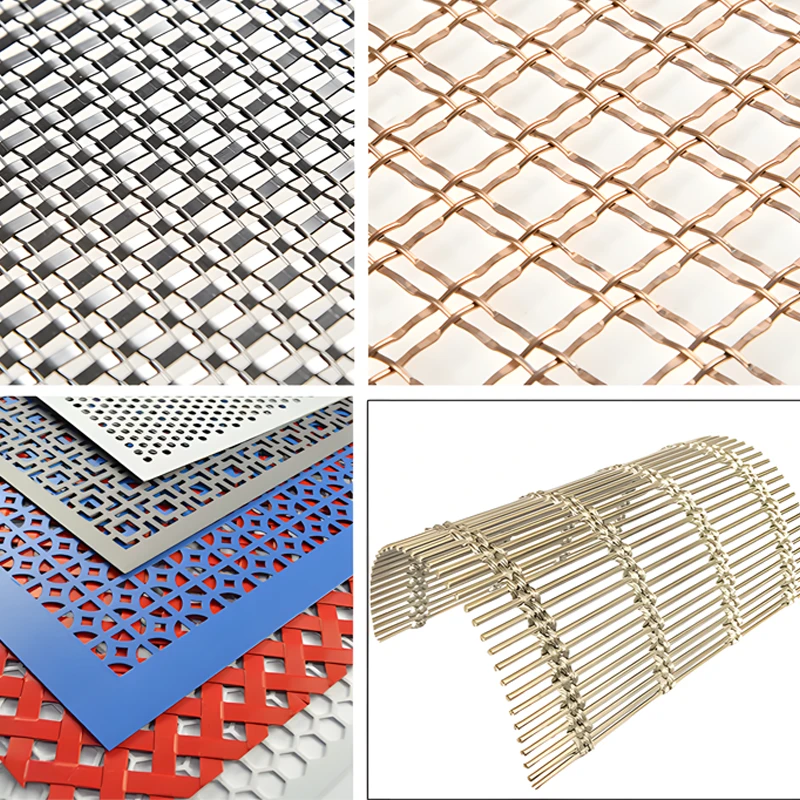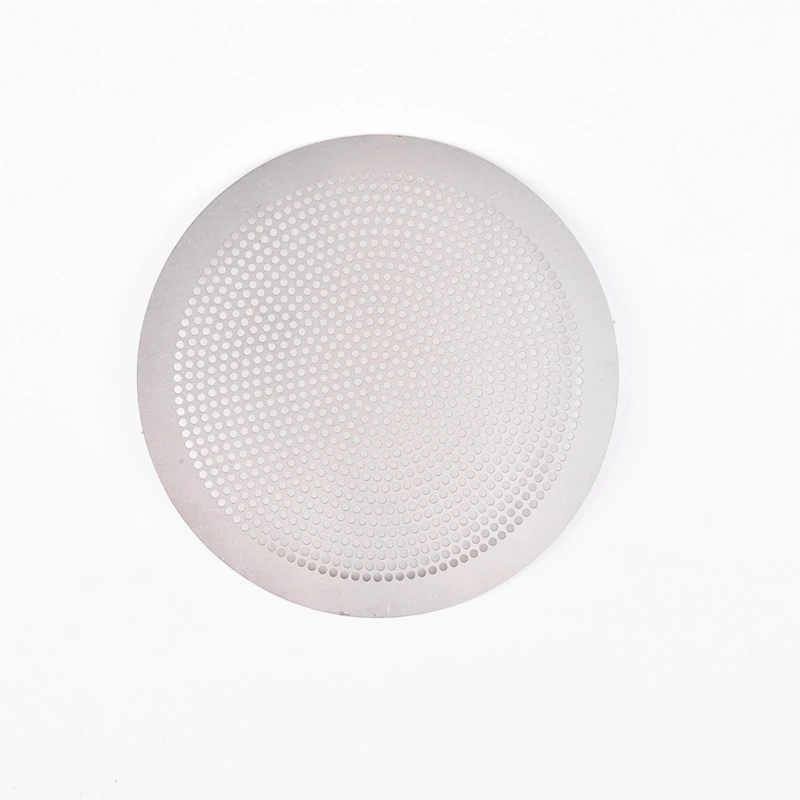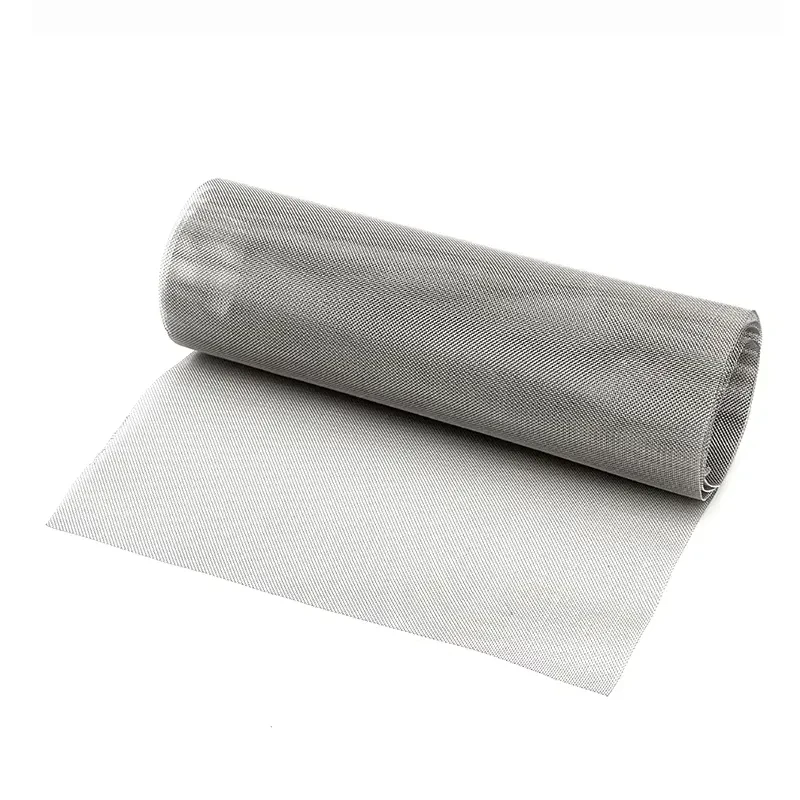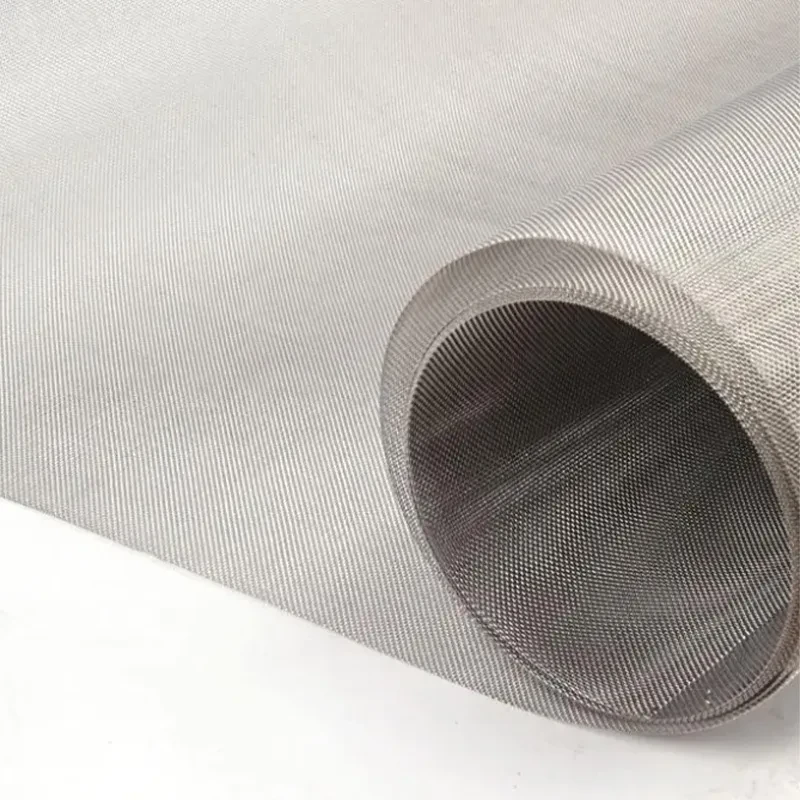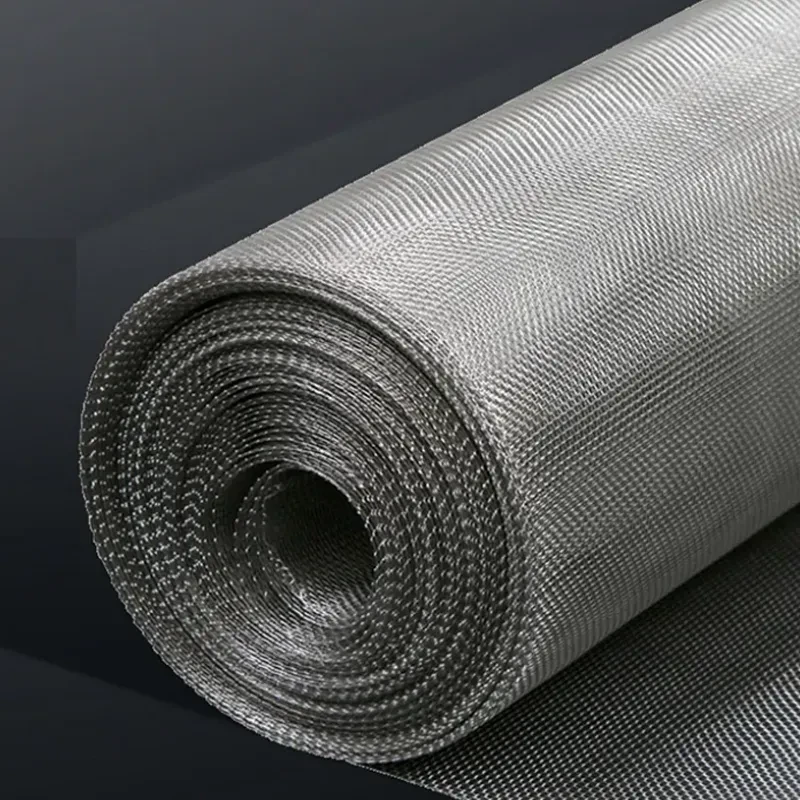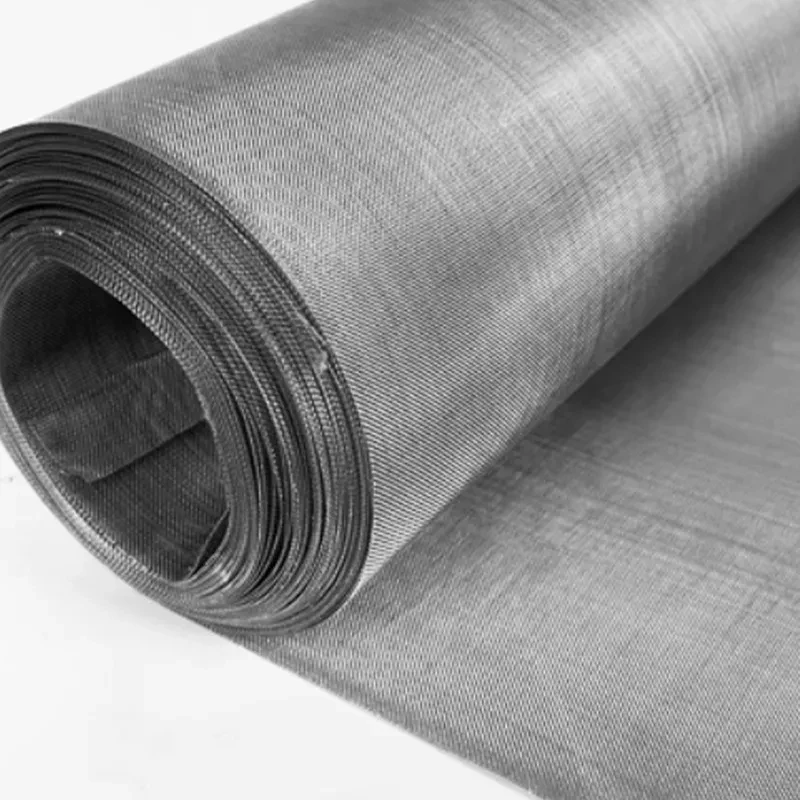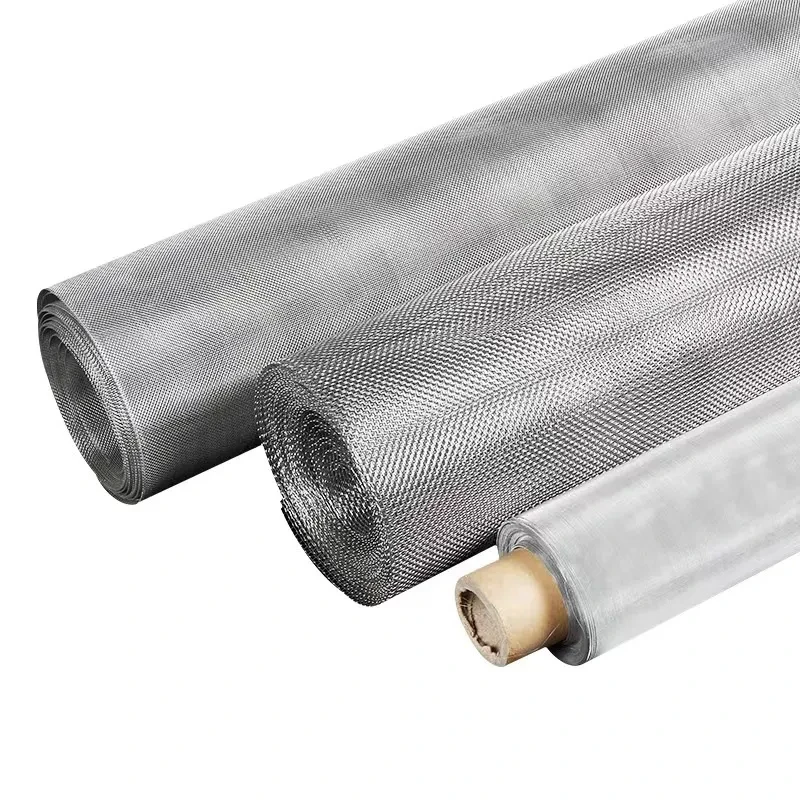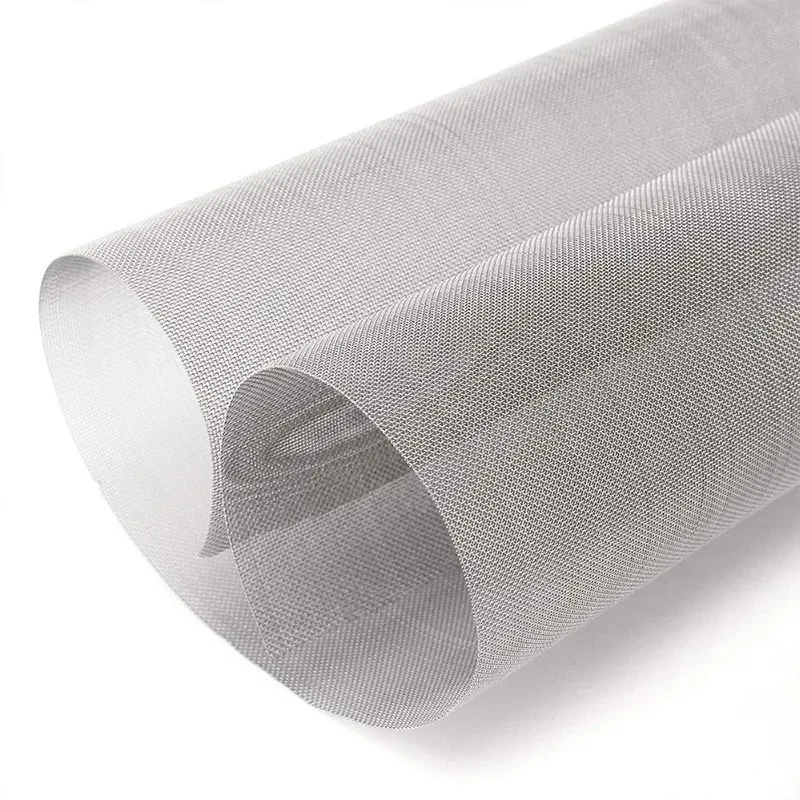Stainless Steel Expanded Sheet | Flattened & Decorative Mesh
In the vast landscape of industrial materials, stainless steel expanded sheet stands out for its exceptional strength-to-weight ratio, excellent fluid dynamics, and unparalleled corrosion resistance. This detailed exploration delves into its characteristics, manufacturing processes, diverse applications, and the specific advantages it offers, particularly in the creation of high-performance products like the Stainless Steel Basket.
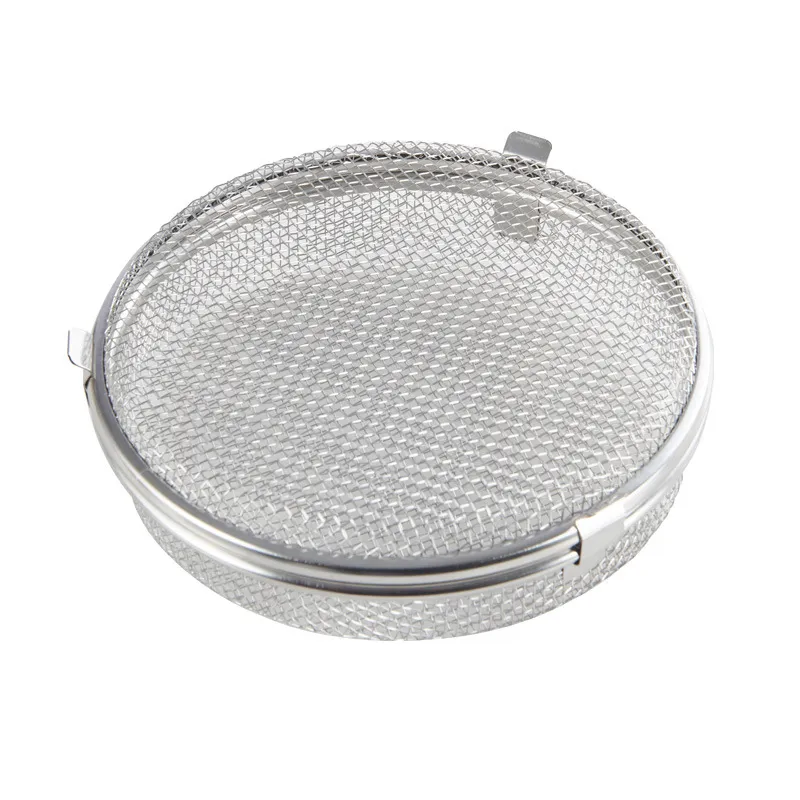
Figure 1: High-strength stainless steel expanded sheet for demanding applications.
Industry Trends and Market Dynamics
The global demand for materials that offer both durability and sustainability is on a continuous rise. Industries are increasingly leaning towards solutions that promise longevity, reduced maintenance, and environmental responsibility. Stainless steel expanded sheet perfectly aligns with these trends. Its inherent corrosion resistance, especially in grades like 304 and 316L, makes it a preferred choice over conventional materials in harsh environments. The market is witnessing a surge in applications ranging from architectural facades and security fencing to sophisticated filtration systems and industrial baskets. The demand for specialized variations such as stainless steel flattened expanded metal and aesthetically pleasing options like decorative black metal mesh is also growing, driven by innovations in design and engineering.
According to a report by Grand View Research, the global expanded metal market size was valued at USD 1.8 billion in 2022 and is projected to grow at a compound annual growth rate (CAGR) of 5.1% from 2023 to 2030, largely driven by increasing infrastructure development and industrialization. Stainless steel variants are a significant contributor to this growth due to their superior performance characteristics.
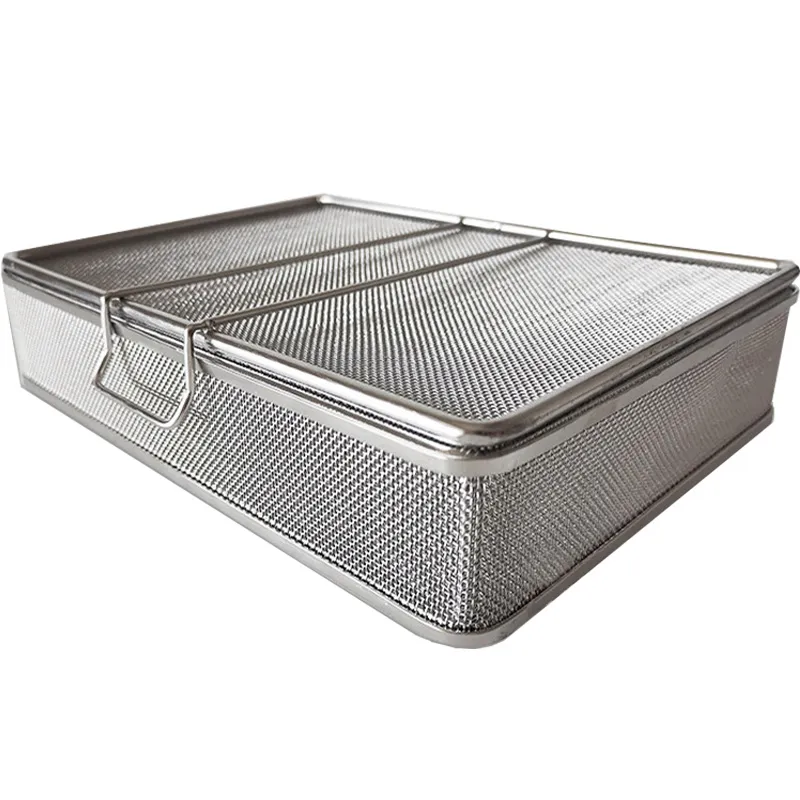
Figure 2: The intricate pattern of flattened expanded metal for precision filtration.
Technical Parameters of Stainless Steel Expanded Sheet
Understanding the technical specifications of stainless steel expanded sheet is crucial for its effective application. Key parameters define its performance and suitability for various tasks:
- SWD (Short Way of the Diamond): The distance from the center of the bond to the center of the bond across the short dimension of the diamond.
- LWD (Long Way of the Diamond): The distance from the center of the bond to the center of the bond across the long dimension of the diamond.
- Strand Width: The amount of metal fed through the expanding machine to produce one strand.
- Thickness (Gauge): The original thickness of the sheet metal before expansion.
- Mesh Size: Refers to the dimensions of the openings (SWD x LWD).
- Material Grade: Common grades include 304, 304L, 316, 316L, 321, etc., each offering different levels of corrosion resistance, strength, and weldability. For instance, 316L is preferred in highly corrosive environments due to its molybdenum content.
- Open Area Percentage: The ratio of the open space to the total area, critical for filtration and airflow applications.
Typical Stainless Steel Expanded Sheet Specifications Table
| Parameter | Common Range | Typical Application Considerations |
|---|---|---|
| Material Grade | SS304, SS316, SS316L, SS321 | Corrosion resistance, temperature, weldability. SS316L for marine/chemical. |
| Mesh Size (SWD x LWD) | 0.5mm x 1mm to 76mm x 200mm | Filtration precision, light transmission, aesthetic appeal. |
| Thickness (Gauge) | 0.5mm (26 GA) to 6.0mm (3 GA) | Structural integrity, load-bearing capacity, weight. |
| Strand Width | 0.5mm to 10mm | Strength, rigidity, overall material usage. |
| Sheet Size (Width x Length) | Up to 1.5m x 4.0m (custom available) | Handling, fabrication efficiency, project dimensions. |
| Surface Finish | Mill finish, polished, powder coated (for decorative black metal mesh) | Aesthetics, corrosion protection, specific functional requirements. |
| Open Area Percentage | 30% to 80% | Flow rate, light passage, acoustic dampening, security. |
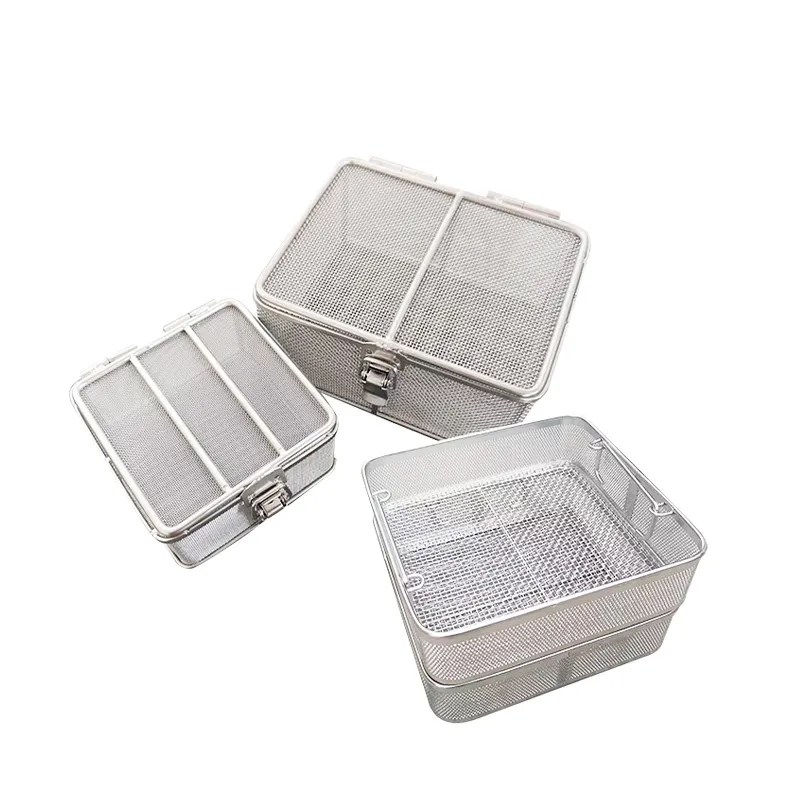
Figure 3: Decorative black metal mesh enhancing architectural aesthetics.
Process Flow of Stainless Steel Expanded Sheet Manufacturing
The manufacturing of stainless steel expanded sheet is a unique process that involves simultaneously slitting and stretching a solid metal sheet, creating a mesh-like pattern without any welds or joints. This results in a product with exceptional integral strength. Below is a detailed breakdown of the typical process:
1. Material Selection & Preparation
High-quality stainless steel coils (e.g., 304, 316L) are selected based on the end application's requirements for corrosion resistance and mechanical properties. The coils are uncoiled and cut into appropriate widths for the expanding machine. This ensures consistency and minimizes waste.
2. Slitting
The stainless steel sheet is fed into an expanding machine, where a series of precise, staggered slits are made into the metal. These slits are critical as they dictate the pattern and size of the expanded mesh later on. The slitting is performed with high-precision blades to ensure uniformity.
3. Expanding
Immediately after slitting, the sheet is simultaneously stretched and expanded. As the metal is stretched, the slits open up, forming the characteristic diamond or other desired patterns (like hexagonal or square). This process transforms a solid sheet into a mesh structure, increasing its open area while maintaining structural integrity. Crucially, no material is lost in this process, making it very efficient.
4. Flattening (Optional for Stainless Steel Flattened Expanded Metal)
For applications requiring a smoother, flatter surface, the expanded metal is passed through a cold-rolling mill. This process flattens the strands and bonds, creating stainless steel flattened expanded metal. While slightly reducing the strength compared to unflattened (standard) expanded metal, it provides a more uniform surface, which is beneficial for certain aesthetic or functional requirements like walkways or decorative panels.
5. Shearing & Trimming
After expansion (and flattening, if applicable), the expanded sheet is cut to the specified dimensions. Shearing ensures clean edges and precise sizing according to customer requirements, minimizing sharp edges and optimizing for fabrication.
6. Surface Treatment & Finishing
Depending on the application, the expanded metal may undergo various surface treatments. This can include degreasing, pickling and passivation (to enhance corrosion resistance), electro-polishing for a smoother finish, or powder coating for color (e.g., for decorative black metal mesh). These steps ensure the product meets specific aesthetic and performance standards.
7. Quality Control & Packaging
Each batch undergoes rigorous quality control checks against specified parameters such as mesh size, thickness, material composition, and surface finish. Products are then carefully packaged to prevent damage during transit, ensuring they arrive in pristine condition.
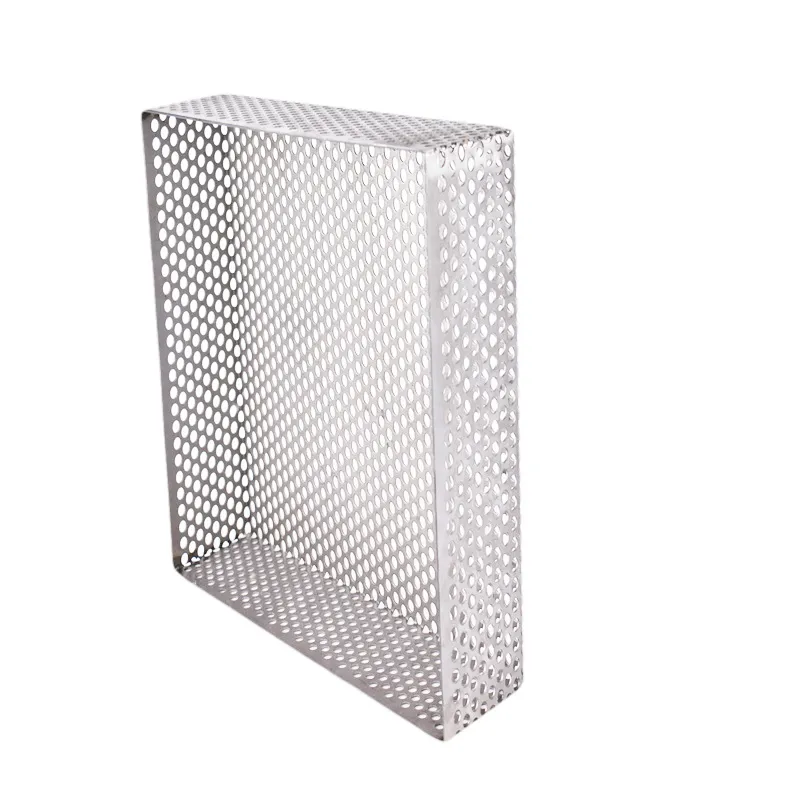
Figure 4: Precision fabrication of stainless steel expanded sheet components.
Product Focus: Stainless Steel Basket (https://www.qhfilter.com/stainless-steel-basket.html)
A prime example of the versatility of stainless steel expanded sheet is its application in the manufacturing of high-performance filtration and processing equipment, such as the Stainless Steel Basket. These baskets are meticulously engineered to meet demanding industrial requirements.
Key Attributes of Stainless Steel Baskets:
- Material Excellence: Primarily fabricated from Stainless Steel Grades 304, 304L, 316, and 316L, offering superior resistance to oxidation, corrosion, and high temperatures. Grade 316L, with its added molybdenum, provides enhanced resistance to pitting and crevice corrosion in chloride-rich environments, making it ideal for marine and chemical processing.
- Manufacturing Process: While the core material is expanded metal, the baskets themselves often involve processes like precision cutting, bending, forming, and advanced welding (TIG/MIG) to ensure structural integrity and seamless construction. Our manufacturing adheres to strict quality control, including dimensional checks, weld integrity tests, and material verification.
- Detection Standards: Our products typically comply with international standards such as ISO 9001:2015 for quality management systems. Furthermore, critical applications may require compliance with ASTM standards for material properties (e.g., ASTM A240 for stainless steel plate, sheet, and strip) and ANSI standards for dimensions and tolerances where applicable. Hydrostatic testing and dye penetrant inspection are also employed for critical welds to ensure leak-free performance.
- Service Life & Durability: Given the robust nature of stainless steel and the integral strength of expanded metal, these baskets boast an exceptional service life, often exceeding 10-15 years even in continuous operation under challenging conditions, significantly reducing replacement costs and downtime.
- Applicable Industries:
- Petrochemical & Chemical Processing: For catalyst retention, media support, and filtration in reactors and vessels, leveraging anti-corrosion properties.
- Metallurgy: In pickling lines, heat treatment processes, and material handling where high temperatures and corrosive media are present.
- Water Treatment & Wastewater: For preliminary filtration, sediment removal, and support for filter media in clarifiers and treatment tanks.
- Food & Beverage: For washing, drying, and conveying various food products, requiring hygienic and non-corrosive materials. Our products comply with FDA guidelines for food contact materials.
- Pharmaceutical: For sterilization, drying, and material handling of sensitive pharmaceutical ingredients, demanding high purity and resistance to aggressive cleaning agents.
- Pulp & Paper: For pulp dewatering, fiber retention, and screening processes.
- Typical Application Advantages:
- Enhanced Flow Dynamics: The diamond-shaped openings of the expanded metal optimize fluid flow, minimizing pressure drop and maximizing filtration efficiency in basket filter applications.
- Superior Corrosion Resistance: Prevents material degradation, ensuring long-term performance and purity of processed substances, especially critical in chemical and food industries.
- Energy Efficiency: Due to optimized flow characteristics, pumps require less energy to move fluids through expanded metal baskets compared to solid or perforated plates with less open area, leading to operational savings.
- High Strength-to-Weight Ratio: Offers robust support and containment with less material, making handling easier and reducing overall system weight.
- Cost-Effectiveness: Long service life and minimal maintenance translate to lower total cost of ownership over time.
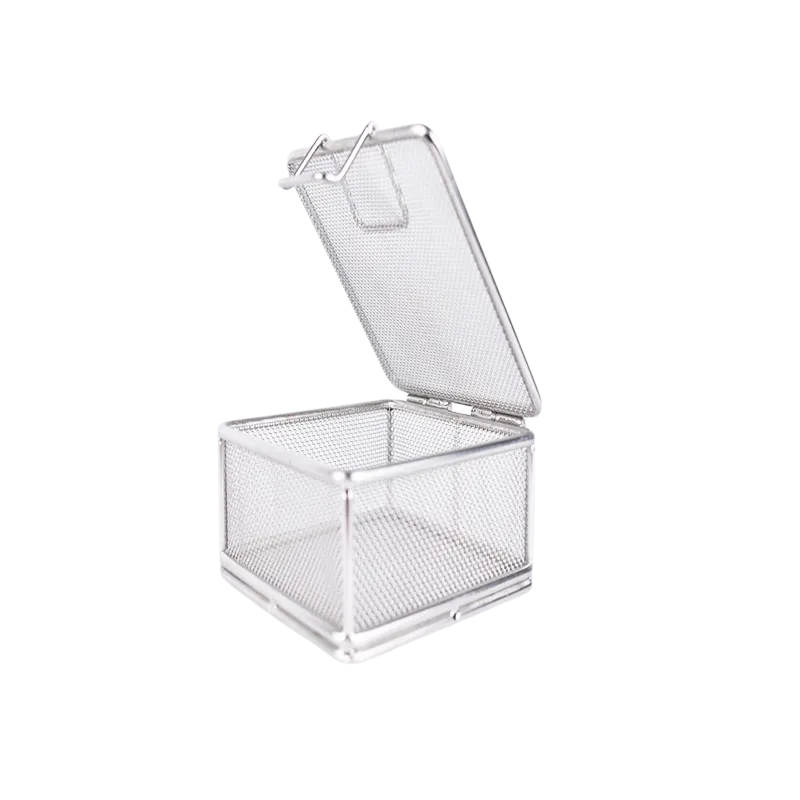
Figure 5: A custom-designed Stainless Steel Basket for industrial filtration.
Application Scenarios of Stainless Steel Expanded Sheet
Beyond the Stainless Steel Basket, the versatility of stainless steel expanded sheet enables its use across a multitude of sectors:
- Architecture and Construction: Used for building facades, sunscreens, ceiling panels, balustrades, and partitions. Its aesthetic appeal, especially with a decorative black metal mesh finish, and structural integrity make it ideal for modern designs.
- Security and Fencing: Provides robust security barriers that are difficult to cut or climb, offering high visibility.
- Automotive Industry: For grilles, protective guards, and internal components where airflow and protection are crucial.
- HVAC and Filtration: Air filters, fluid filters, and strainers where optimized airflow and particle retention are necessary.
- Walkways, Ramps, and Catwalks: The non-slip surface and open design of stainless steel flattened expanded metal provide safety and allow for drainage in industrial settings.
- Shielding and Guards: Machine guards, electrical enclosures, and EMI/RFI shielding due to its conductive nature and open pattern.
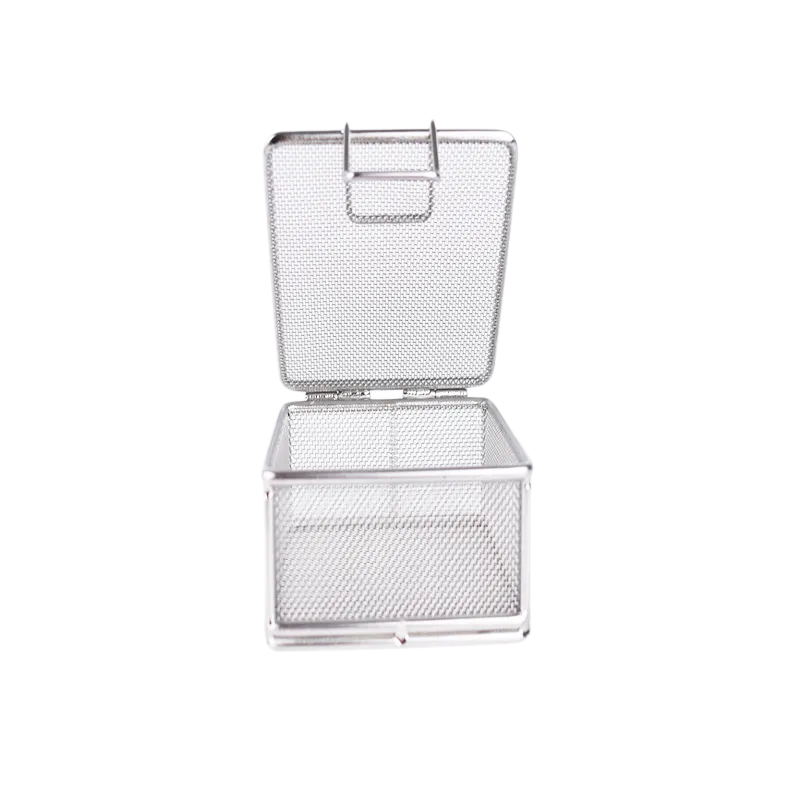
Figure 6: Stainless steel expanded metal in a heavy industrial setting.
Technical Advantages and Performance Metrics
The unique manufacturing process of stainless steel expanded sheet imparts several technical advantages:
- Integral Construction: Since the material is slit and stretched, not woven or welded, it possesses inherent strength without weak points typically found in welded meshes. This improves its load-bearing capacity and fatigue resistance.
- Weight Efficiency: Offers a high strength-to-weight ratio, providing significant structural support with less material compared to solid sheets, leading to material savings and reduced installation costs.
- Excellent Air/Fluid Circulation: The open mesh design allows for optimal passage of air, light, heat, and liquids, making it perfect for ventilation, screening, and filtration applications.
- Anti-Skid Surface: The raised strands of standard expanded metal provide a naturally anti-skid surface, enhancing safety in walkways and platforms.
- Cost-Effectiveness: The expansion process results in very little material waste, making it an economically viable option. Its durability also translates to lower long-term replacement and maintenance costs.
- Versatility in Design: Can be produced in a wide array of patterns, gauges, and materials, offering significant design flexibility for various functional and aesthetic requirements, including creating intricate designs with decorative black metal mesh.
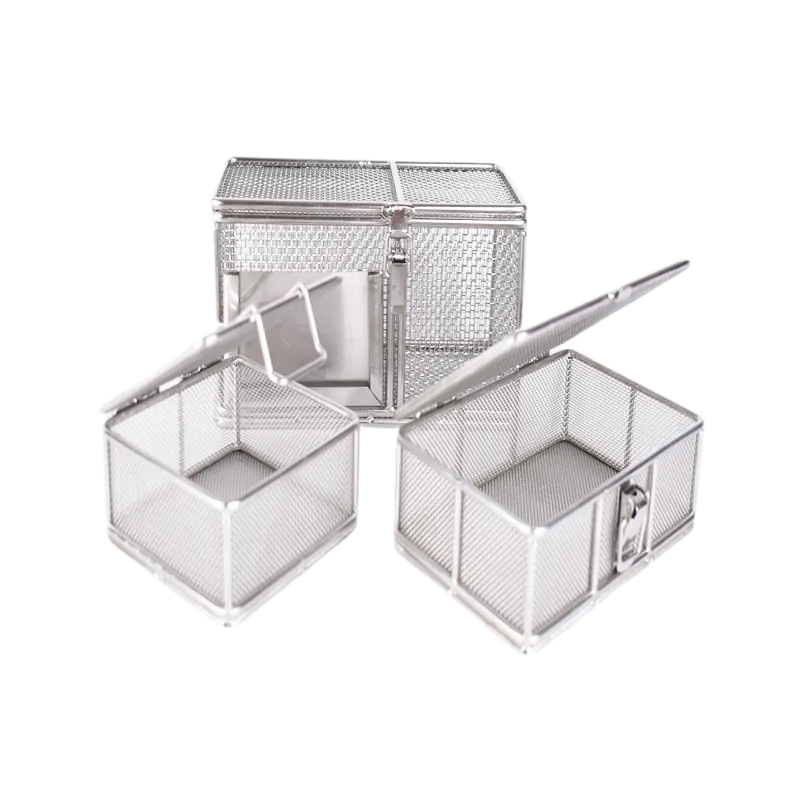
Figure 7: Aesthetic and functional application of stainless steel expanded sheet in architecture.
Manufacturer Comparison: Choosing the Right Partner
Selecting a reliable manufacturer for stainless steel expanded sheet and related products like Stainless Steel Baskets is paramount to project success. Consider the following:
- Expertise and Experience: Look for manufacturers with a long history and deep understanding of expanded metal technology. Our company, with over two decades of experience, has been a trusted supplier to various critical industries worldwide.
- Quality Certifications: Verify adherence to international quality management systems like ISO 9001:2015. This demonstrates a commitment to consistent product quality and process control.
- Material Sourcing: Reputable manufacturers source high-grade stainless steel from certified mills, ensuring the metallurgical properties meet specifications.
- Customization Capabilities: The ability to provide bespoke solutions (e.g., specific mesh sizes, unique shapes, special finishes like decorative black metal mesh) is crucial for complex projects.
- Testing and Inspection: A strong quality control regimen, including in-house testing facilities and adherence to standards like ASTM and ANSI, ensures product reliability.
- Customer Support & After-Sales Service: Responsive technical support, clear communication on lead times, and comprehensive after-sales service are indicators of a trustworthy partner.
- References and Case Studies: Request references or review their portfolio of successfully completed projects, especially those similar to your needs.
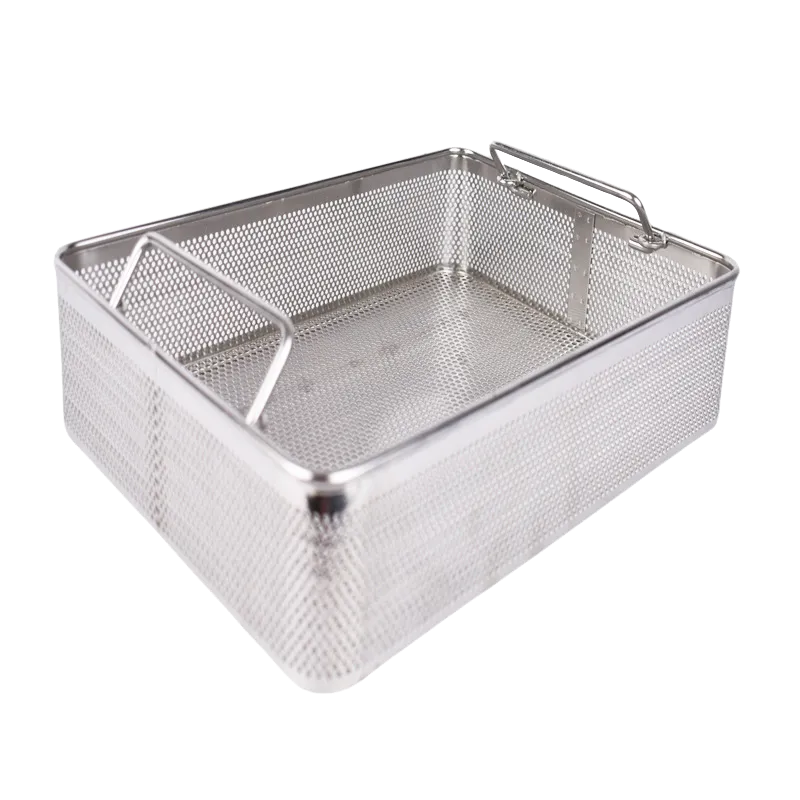
Figure 8: Advanced manufacturing facility for stainless steel expanded sheet products.
Customization Solutions and Bespoke Fabrication
One of the significant advantages of stainless steel expanded sheet is its immense potential for customization. Manufacturers can tailor products to precise specifications, allowing for optimal performance in diverse applications.
- Material Grades: From standard 304/316 for general corrosion resistance to specialized alloys for extreme chemical or temperature environments.
- Mesh Configurations: Custom SWD, LWD, and strand width combinations to achieve desired open area, filtration efficiency, or aesthetic patterns.
- Forming and Fabrication: Capabilities include cutting, bending, rolling, welding, and forming into complex shapes like cylinders, cones, or the intricate forms required for the Stainless Steel Basket.
- Surface Treatments: Polishing (e.g., #4 brush, #8 mirror finish), passivation for enhanced corrosion resistance, powder coating for specific colors (like for decorative black metal mesh), or electroplating.
- Edge Finishes: Untrimmed, sheared, or custom-framed edges for specific installation requirements or safety.
Our engineering team works closely with clients from conceptual design through to final production, utilizing CAD software and advanced prototyping to ensure the final product, whether a custom stainless steel expanded sheet panel or a specialized Stainless Steel Basket, perfectly matches the operational demands and integrates seamlessly into existing systems.
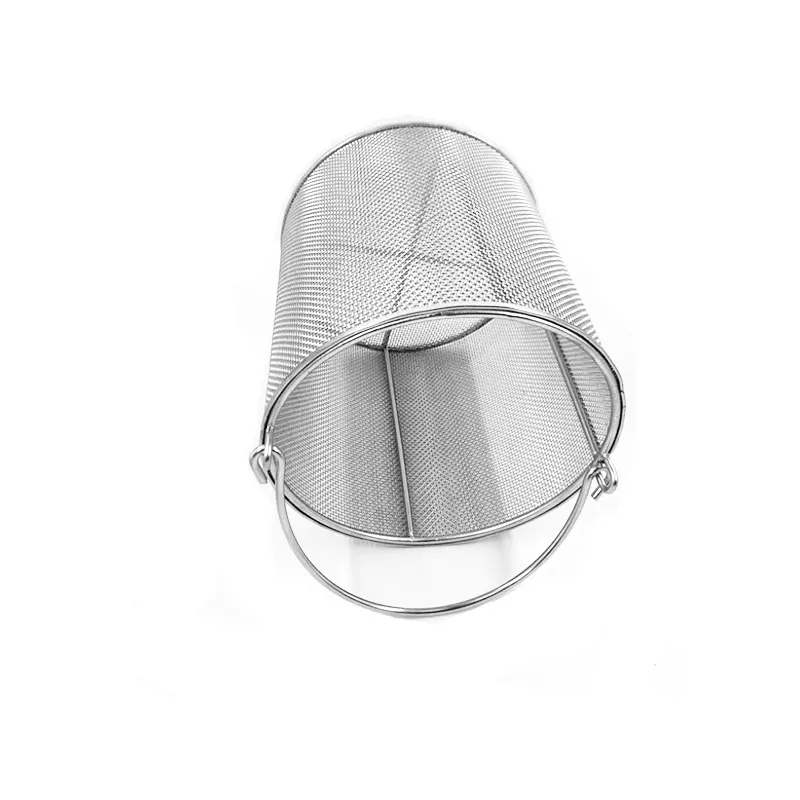
Figure 9: Tailored Stainless Steel Basket reflecting precise client specifications.
Real-World Application Cases and Client Experience
Our commitment to delivering high-quality stainless steel expanded sheet products and Stainless Steel Baskets is reflected in our extensive portfolio of successful client engagements across various sectors:
- Petrochemical Industry: Supplied custom-designed Stainless Steel Baskets for catalyst support beds in a major refinery in the Middle East. The client reported a significant improvement in process efficiency and a reduction in maintenance downtime due to the baskets' superior corrosion resistance and structural integrity, operating flawlessly under high-temperature, corrosive fluid conditions for over five years.
- Food Processing Facility: Provided hygienic stainless steel flattened expanded metal trays for a large-scale food drying operation. The flat, smooth surface ensured easy cleaning and compliance with strict sanitary standards, while the expanded design allowed for optimal airflow, reducing drying times by 15%.
- Architectural Project: Collaborated on a landmark commercial building in Europe, supplying custom decorative black metal mesh for facade cladding and interior partitions. The black finish provided a striking aesthetic contrast, and the material's light diffusion properties contributed to energy savings by optimizing natural light. Our engineering support ensured seamless integration with the building's structural elements.
- Water Treatment Plant: Engineered and delivered large-scale Stainless Steel Baskets for preliminary screening in a municipal wastewater treatment plant. The robust expanded metal construction withstood continuous exposure to abrasive solids and corrosive chemicals, significantly extending the lifespan of the screening units and improving effluent quality.
These cases exemplify our practical experience in delivering solutions that not only meet but often exceed client expectations, demonstrating the long-term value and reliability of our stainless steel expanded sheet products.
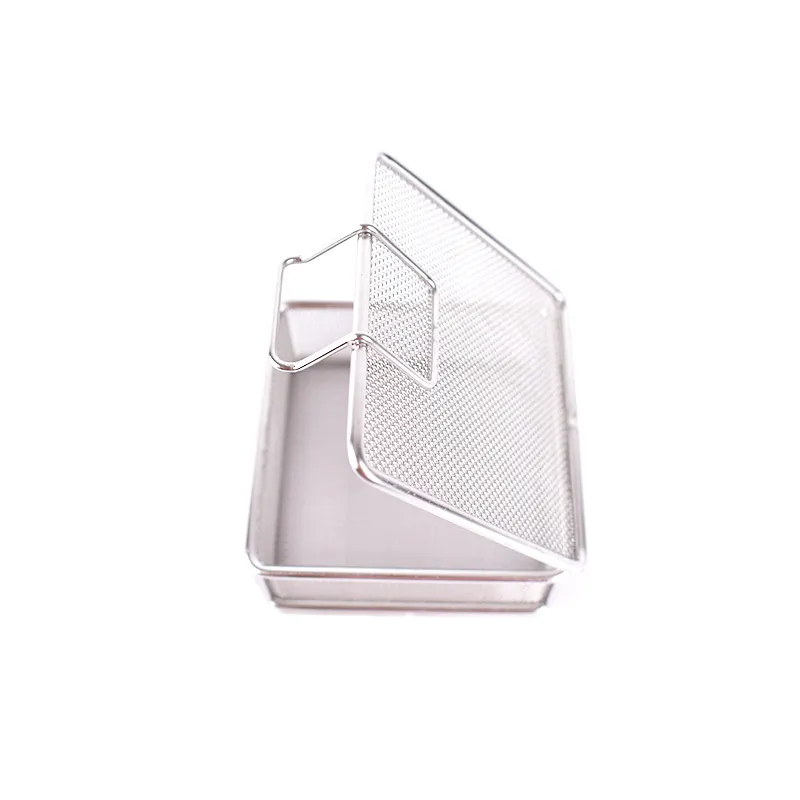
Figure 10: Stainless Steel Basket deployed in a complex industrial filtration system.
FAQ: Frequently Asked Questions about Stainless Steel Expanded Sheet
1. What are the primary advantages of stainless steel expanded sheet over woven mesh or perforated metal?
Stainless steel expanded sheet boasts an integral, joint-free construction, which means no welds or interlocked wires to break or unravel. This provides superior strength-to-weight ratio, higher rigidity, and better resistance to tearing compared to woven mesh. Compared to perforated metal, expanded metal often yields more open area for the same material thickness and has a naturally non-slip surface due to its raised strands, making it more efficient and safer for certain applications.
2. What is the difference between stainless steel expanded metal and stainless steel flattened expanded metal?
Standard (unflattened) stainless steel expanded metal has a raised, three-dimensional surface, where the strands and bonds are at an angle to the plane of the sheet. This provides rigidity and an anti-skid surface. Stainless steel flattened expanded metal, on the other hand, is produced by cold-rolling standard expanded metal to flatten the strands and bonds, resulting in a smooth, two-dimensional surface. Flattened expanded metal is often preferred for applications requiring a flush surface, easier stacking, or specific aesthetic finishes.
3. How do you ensure the corrosion resistance of your stainless steel expanded sheet products?
We ensure corrosion resistance through several measures: (1) Using only certified, high-grade stainless steel (e.g., 304, 316L) from reputable mills. (2) Employing proper manufacturing techniques that prevent contamination (e.g., iron particles) which can lead to rust. (3) Offering optional post-fabrication treatments like pickling and passivation, which remove free iron and create a passive oxide layer, further enhancing the material's natural corrosion resistance. This is particularly important for products like the Stainless Steel Basket used in harsh chemical environments.
4. Can stainless steel expanded sheet be used in high-temperature applications?
Yes, stainless steel, especially grades like 310S or 321, can withstand high temperatures without significant loss of strength or corrosion resistance. Standard grades like 304 and 316 also perform well at elevated temperatures for many applications. The maximum service temperature depends on the specific grade and environmental conditions, but stainless steel generally offers excellent performance in temperatures up to 870°C (1600°F) for continuous service, and even higher for intermittent exposure, making it suitable for furnace components or heat treatment baskets.
5. What is the typical lead time for custom stainless steel expanded sheet orders or Stainless Steel Baskets?
Lead times vary depending on the complexity, volume, and customization requirements of the order. For standard items or smaller custom batches, it might be 2-4 weeks. For large-scale projects or highly specialized custom fabrications, it could extend to 6-10 weeks. We provide a detailed production schedule and delivery estimate upon order confirmation and maintain transparent communication throughout the manufacturing process to keep clients informed.
6. What kind of warranty or after-sales support do you offer for your products?
We stand behind the quality of our stainless steel expanded sheet products and Stainless Steel Baskets with a comprehensive warranty against manufacturing defects and material failures under normal operating conditions. Our standard warranty period is [e.g., 1-3 years], but specific project contracts may have extended terms. Our dedicated customer support team is available for technical assistance, troubleshooting, and addressing any concerns post-delivery, ensuring customer satisfaction and long-term performance.
7. How can I get a quotation for a custom decorative black metal mesh or a specific Stainless Steel Basket?
To receive an accurate quotation, please provide detailed specifications including: material grade (e.g., SS304, SS316L), mesh dimensions (SWD x LWD), strand width, thickness, overall sheet or basket dimensions, quantity, desired surface finish (e.g., mill finish, polished, decorative black metal mesh powder coating), and any special requirements such as specific tolerances, framing, or welding standards. You can submit your inquiry via our website contact form, email, or by calling our sales team directly. Providing technical drawings or sketches is highly recommended for custom projects.

Figure 11: Final inspection of a Stainless Steel Basket, ready for deployment.
Conclusion and Future Outlook
The ubiquity and enduring demand for stainless steel expanded sheet, including its specialized forms like stainless steel flattened expanded metal and aesthetic applications such as decorative black metal mesh, underscore its critical role in modern industrial and architectural design. Its unique combination of strength, lightweight properties, corrosion resistance, and adaptability makes it an indispensable material for a vast array of applications, from critical filtration in Stainless Steel Baskets to high-security enclosures and visually striking building facades.
As industries continue to evolve, driven by demands for greater efficiency, sustainability, and innovative design, the role of materials like expanded stainless steel will only grow. Advances in manufacturing technology, material science, and surface finishing techniques will further expand its capabilities and applications. Investing in high-quality stainless steel expanded sheet products means choosing a durable, reliable, and cost-effective solution engineered for the challenges of today and tomorrow.
Further Reading and Resources:
- For an in-depth understanding of expanded metal manufacturing and applications, consult industry publications like "Expanded Metal Manufacturers Association (EMMA)" guidelines.
- Explore research on stainless steel corrosion resistance in various environments from academic journals such as "Corrosion Science" or "Materials & Design."
- Delve into specific industry reports on the global expanded metal market, available from reputable market research firms.
References:
[1] Grand View Research. (2023). Expanded Metal Market Size, Share & Trends Analysis Report. Retrieved from https://www.grandviewresearch.com/industry-analysis/expanded-metal-market
[2] ASM International. (2001). ASM Handbook, Volume 1: Properties and Selection: Irons, Steels, and High-Performance Alloys.
[3] ISO. (2015). ISO 9001:2015 - Quality management systems – Requirements. Retrieved from https://www.iso.org/standard/62085.html
[4] ASTM International. (Current). ASTM A240/A240M - Standard Specification for Chromium and Chromium-Nickel Stainless Steel Plate, Sheet, and Strip for Pressure Vessels and for General Applications.

